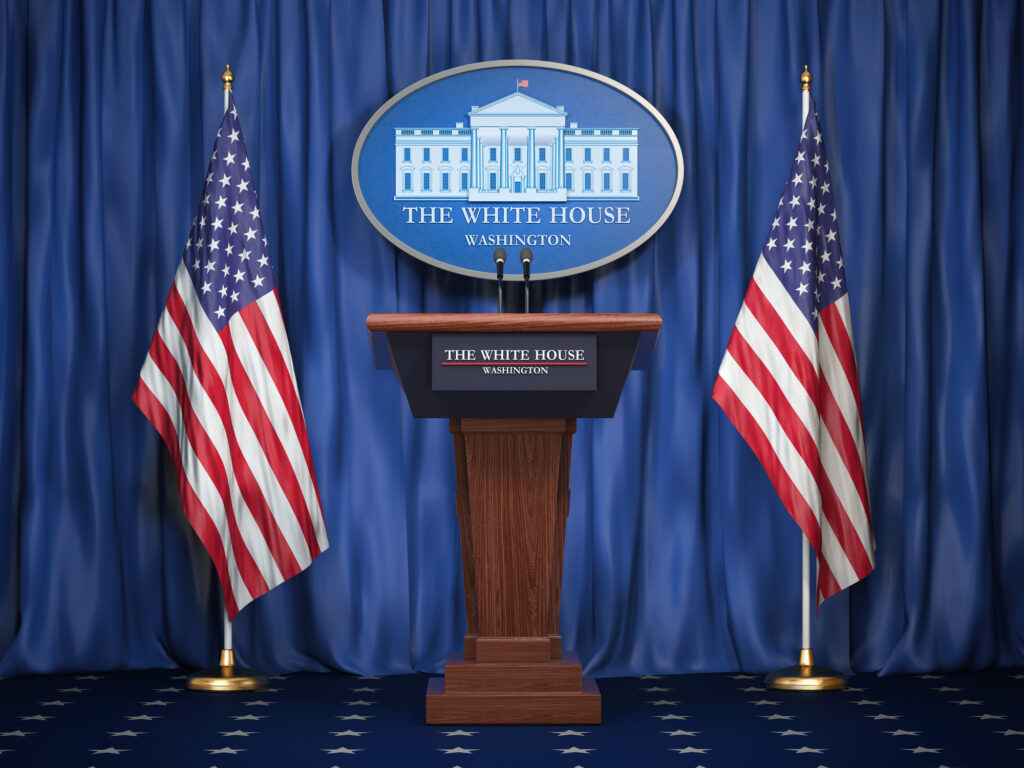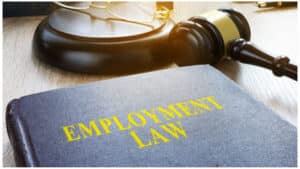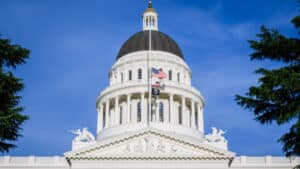Written By: Christopher B. Dolan and Matthew D. Gramly
Donald from Belvedere asks:
Q: Is it possible for a candidate to become President of the United States without winning the nationwide popular vote?
A: Dear Donald,
Yes, it is possible. In fact, that has happened twice in the very recent past. Over the last seven presidential elections, the Republican candidate has only won the popular vote a single time, in 2004, yet has become President three times. George W. Bush lost the popular vote in 2000 but became President. He won the popular vote in 2004 and was re-elected. Donald Trump lost the popular vote in 2016 by more than three million votes yet became President anyway.
How could this be? The answer is because we have something in the United States called the Electoral College. We do not elect presidents based on who won the nationwide popular vote. Candidates have to win the popular vote in individual states. Once they do, that state’s electors will cast ballots in favor of the candidate who won that individual state. Each state is awarded a number of electors equal to the number of members that state has serving in the House of Representatives as well as their two Senators. Currently there are 538 electors; 100 for members of the U.S. Senate, 435 for members of the U.S. House of Representatives, and three representing Washington D.C., which is not currently a state. The electors are the people who actually cast binding ballots to elect each President.
It sounds convoluted and seems to be contrary to the ideal of “one person, one vote” but the Electoral College actually dates back to the founding of our nation and is enshrined within the Constitution.
During the late 1700s our founding fathers never intended for the election of a president to be left to whoever won the popular vote of the combined states or colonies that existed at that time. They did not trust the electorate to be wise in making this decision; our founding fathers viewed everyday Americans as unsophisticated, illiterate, and frankly, not smart enough or sufficiently emotionally stable to be trusted with choosing a president. Another concern was that the more populous states (in the north) would overrun the will of lesser populated states (in the south) with every election merely because more people who could vote lived in the north. Remember, back in the late 1700s the only Americans eligible to vote were white adult males who owned property. Women and slaves did not have the right to vote. There were simply more eligible voters in the north than there were in the south and the southern slave states feared a never-ending procession of presidents who were unsympathetic to owning slaves.
At the Constitutional Convention in Philadelphia, PA in 1803, James Wilson, representing Pennsylvania (a non-slave state), proposed that each president be elected by direct popular vote. James Madison (hailing from the slave state of Virginia) countered that the southern slave states would not agree to such a system because the almost 750,000 slaves in southern states at that time couldn’t vote. Describing this, Madison wrote, “The right of suffrage was much more diffusive [i.e., extensive] in the Northern than the Southern States; and the latter could have no influence in the election on the score of Negroes.” He was complaining that southern states would not get a number of votes representative of their actual populations because slaves could not vote – even though those same states were the ones preventing slaves from being able to vote. The southern states, however, received credit for the slaves populating their states when calculating the population to determine the number of Representatives representing each state in Congress. In this calculation, slaves were counted as 3/5 of a person, which is stated in the Constitution. Thus the compromise to protect the slave states’ interests was reached and the Electoral College was formed.
Given this antiquated system, designed at least in part to preserve slavery in the southern states, it is entirely possible for a presidential candidate to lose the nationwide popular vote yet win the Electoral College. Here is how that works currently: Electors are not apportioned equally based on each population, largely because of the Senate. Each state gets two U.S. Senators, regardless of population, and thus at least two electors. Wyoming has a population of less than 600,000 people and has two Senators for a total of 3 electors. California has 40 million people, two Senators, and just 55 electors.
The Electoral College is not representative of the actual electorate nor was it designed to be when it was formed over 200 years ago. When the Electoral College was created slavery was still legal and practiced by half the country, slaves could not vote, women could not vote. Many argue that it is time for the Electoral College to be abolished. In the age of Black Lives Matter it is difficult, at best, to argue that it should be preserved.
Christopher B. Dolan is the owner of the Dolan Law Firm. Matthew D. Gramly is a Senior Associate Attorney based in our San Francisco office. Email questions and topics for future articles to: help@dolanlawfirm.com.










